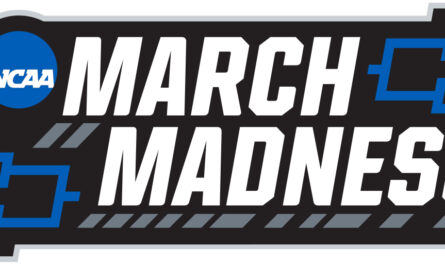Profanity, choice words, vulgarity—unacceptable language, or just a part of life. Whether you consider profanity acceptable or condemnable, there is no doubt that it is a part of many students’ experience at NS.
According to a NS student survey, almost 50 percent of students admit to swearing, with about 20 percent admitting to swearing daily. This is an issue because about 30 percent of the total student body feels that swearing is unacceptable, or they feel uncomfortable around profanity.
“When I came [to NS] as a freshman, I was not used to the level of profanity here,” said Trevor Olson, senior at NS. “Now as a senior, I think I have somewhat gotten used to the swearing.”
Olson believes that many students have had a similar experience, initially feeling uncomfortable, but later acclimating to the choice language. He feels that while profanity is definitely not a part of many students’ lives, it is condonable in some situations. Others feel likewise.
“I feel like swearing is acceptable in some situations,” sophomore Michael Pearce said, “but when people swear just to swear, that really bugs me.”
Pearce feels that swearing is not a big problem at NS, but he’s not alone in thinking that some people should be more considerate toward others.
“I feel that as long as swearing is not degrading or disrespectful it is okay,” Olson said, “but I am not okay with people swearing to make themselves look stronger or more popular than anyone else.”
Olson realizes that there are different applications for profane language, and he does not support those uses that degrade others.
There are five main types of profanity, at least according to psychologists, each serving a slightly different purpose. Dysphemistic swearing depicts the subject matter in a purposefully provocative manner. Abusive swearing is used in order to induce fear or negative emotions. Idiomatic swearing expresses that the atmosphere is informal, or arouses interest. Emphatic swearing emphasizes another word. Cathartic swearing articulates an intense emotional state, usually one of shock or pain.
In conjunction with shock and pain, a recent study demonstrated that swearing can actually help with pain relief. Participants placed their hands into a bucket of ice water and were asked to hold their hands in the bucket for as long as possible. The first trial had participants repeat a neutral word, and the second run had participants repeating a swear word of their choice. The results showed that on average participants could withstand the pain 40 percent longer when repeating profanity as opposed to repeating a neutral word.
The results of this study showed that the natural tendency to express discomfort of pain with degrading terms may actually not be all that bad to do.
Another recent study involving language among primates found that when researchers taught the apes signals that meant something degrading, such as excretion, that the chimps would later adapt that term to insult other apes or to express intense emotions much the same way that humans would. It shows that the tendency to swear when problems arise has some basis in science. In addition to science, swearing has had a long history, some words dating back hundreds of years.
In Victorian England, Latin was the preferred and ‘holy’ language to draw from for the developing English language. It was considered more scholarly and more proper, as opposed to non-Latin based languages such as German. Activities, places and items that were considered sacred or formal almost always had Latin-based names, and it was considered taboo or even sinful to use more common languages while describing things of importance. Many choice words that we still use today at NS were derived from this time period.
Even if swearing has a scientific and historical basis, there are people at NS that are made uncomfortable by its use.
“Language is a vehicle for ideas, so spread good ideas,” said Thomas DeGroff, senior at NS.

Swearing (Title Forthcoming)
Read Time:3 Minute, 16 Second


